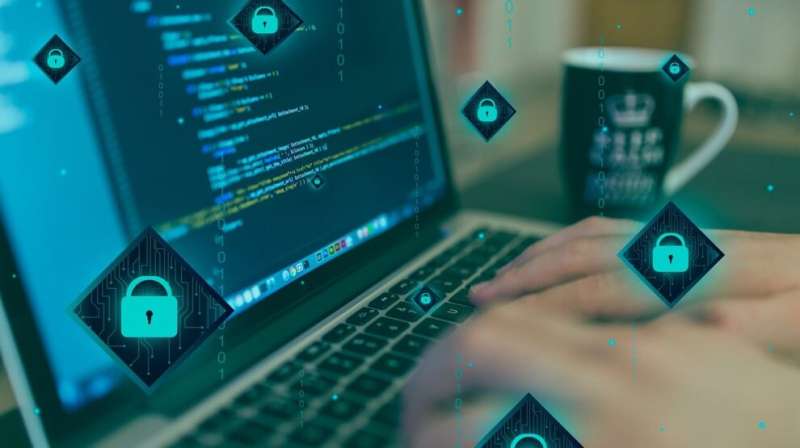Contents
Digital entertainment is everywhere these days. It’s what we reach for when we’ve got ten minutes to kill, or when we’re in for a full-on weekend marathon. Whether you’re bingeing a show, trying out a new co-op game, or falling down some YouTube rabbit hole, it’s all part of how we relax.
But here’s the thing, most of these platforms ask for more than just your attention. They want your name, your habits, and your payment details. And when you hand that over without thinking, things can go sideways pretty fast.
1.Know What Data You’re Sharing
Not all platforms treat your info the same way. Some are solid, others are not so much. Before signing up, take a minute to understand how they handle your data. Are they using basic security or something more substantial? One detailed guide to the best sites for playing Chicken Game highlights how trustworthy platforms use technology like SSL encryption and safe payment systems to protect their players. That’s the kind of standard you should expect across any digital service.
These platforms collect information ranging from your watch history to your device’s location. Most people just hit “accept” without even glancing at what’s actually in the terms. It’s worth digging into those privacy settings. A few tweaks could stop your data from being passed around like a free sample.
You can turn off third-party data sharing in your account settings. It’s not going to mess with your viewing experience, but it does cut down how much of your life ends up in someone else’s hands.
2.Set Up Two-Factor Authentication Everywhere
Think your password is strong? Think again. If it’s something like your dog’s name plus a number, hackers won’t even break a sweat. Two-factor authentication makes it significantly harder for anyone to access your account.
Loads of apps offer it now, but most folks skip it because it seems like a hassle. In reality, it takes less than a minute to turn on, and it can keep your accounts locked tight.
If you’re juggling a bunch of passwords, a manager app is a lifesaver. Even the free ones do the job. You don’t need to spend money unless you want extra bells and whistles.
3.Control Your Device Permissions
Have you ever noticed how apps ask for way more access than they actually need? Some want your location, your contacts, even your mic, when all they’re supposed to do is play music or show you videos.
Unless you’re ordering herbal tea with that meditation app, it doesn’t need your GPS. Be picky. Head into your phone’s settings and cut the permissions down to the basics.
Also, don’t sleep on those system updates. They seem annoying, always popping up when you’re in a rush, but they plug security holes that could let hackers in through the back door. Don’t forget to run a malware scan on your Mac or PC every few weeks. Yeah, Macs get viruses too, despite what Apple fans claim.
4.Spot Dodgy Emails and Fake Apps
Scammers know people love their streaming and gaming apps, and they use that to their advantage. You’ve probably seen those sketchy emails that say “Your account is suspended!” with a big red button you’re supposed to click.
Ignore it. Open the app or site the normal way and check if anything’s actually wrong. Nine times out of ten, it’s a fake trying to trip you up.
The same goes for apps. Stick to the official app stores. Don’t be tempted by a random site promising “premium free access.” That’s how malware sneaks in.
5.Use Secure Networks for Streaming
That free Wi-Fi at the airport or café might seem handy, but it’s also a hotspot for snooping. When you’re connected to an open network, other people can sometimes see what you’re doing.
If you need to use public Wi-Fi, get a VPN. It scrambles your data so no one can peek. They’re not that expensive, and they give you an extra layer of privacy.
At home, make sure your Wi-Fi password isn’t still the default one on the sticker. Change it to something only you know. And clear your browser history once in a while, especially if you’re on a shared device.
Reading reviews is vital when selecting which platforms to trust with your data. Always check what other users say about a site’s security before signing up. Real user experiences tell you way more than fancy marketing claims ever will.
6.Stop Broadcasting Your Info
It’s easy to forget how much we give away just by posting. A gamer tag here, a username there, screenshots of your favourite apps, they all add up.
The more breadcrumbs someone has, the easier it is to track your habits, impersonate your profile, or guess your passwords. It’s not about going off the grid. Just be aware. If you’re linking accounts (say, entertainment + social), take a second to lock down who can see what.
Conclusion
You don’t need to give up your online fun to stay protected. Most of this stuff takes minutes to sort out, but it can save you hours of trouble. The key isn’t overthinking. It’s paying attention. A quick check, a few smart habits, and you’re back to enjoying your shows, games, or whatever helps you unwind, minus the risks.



